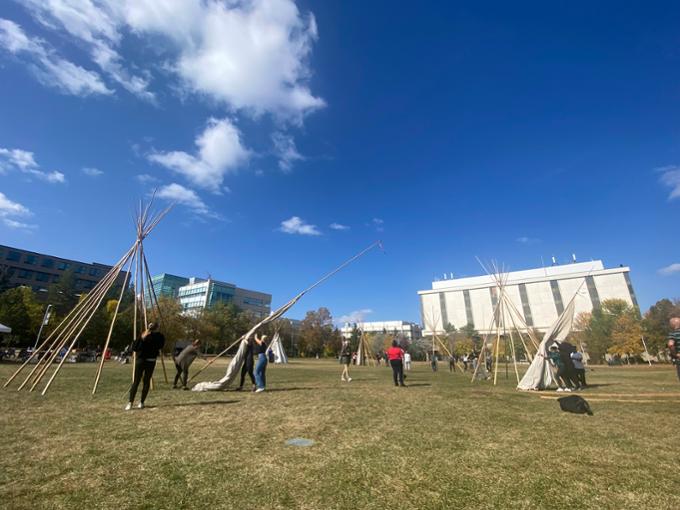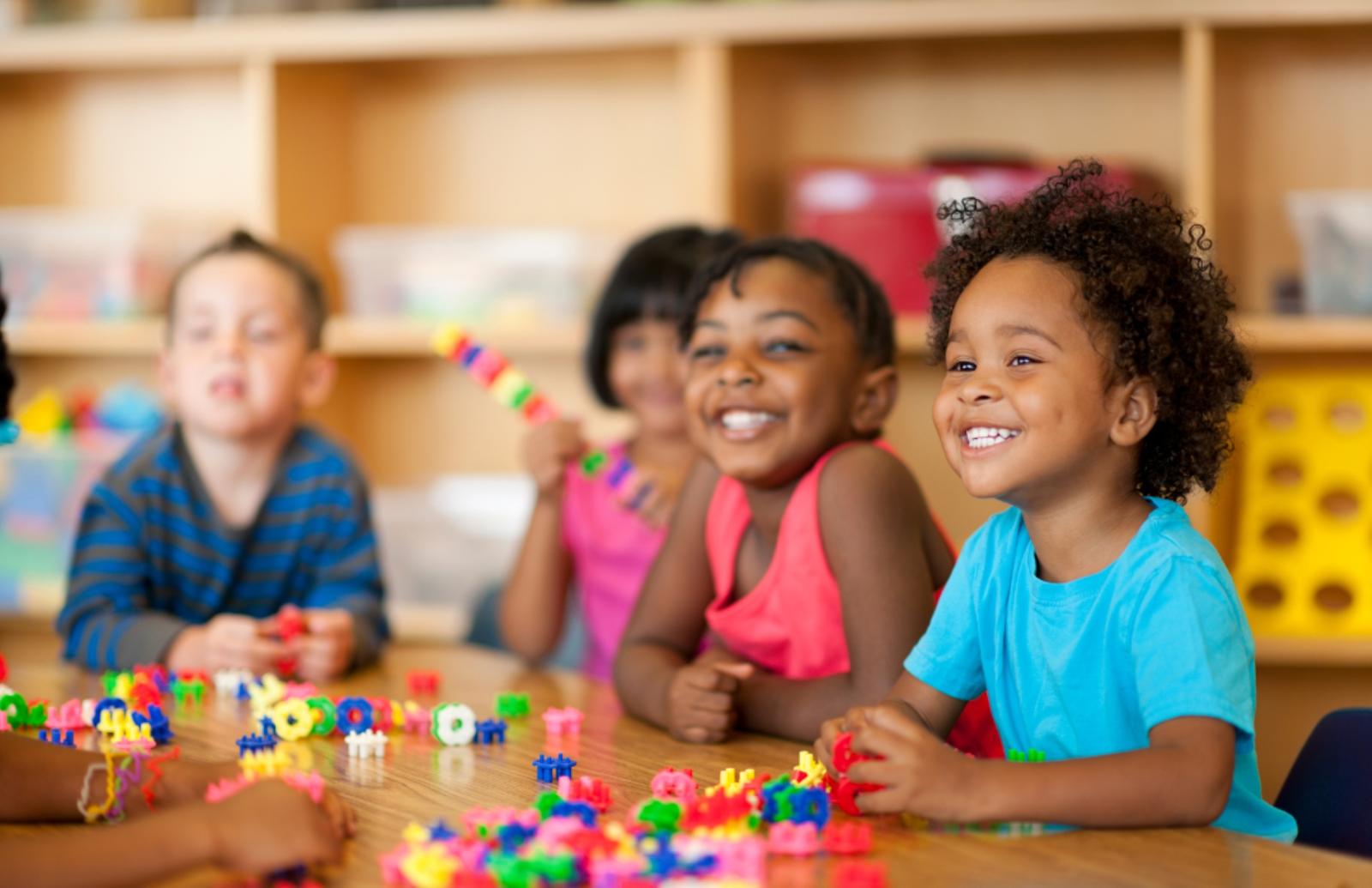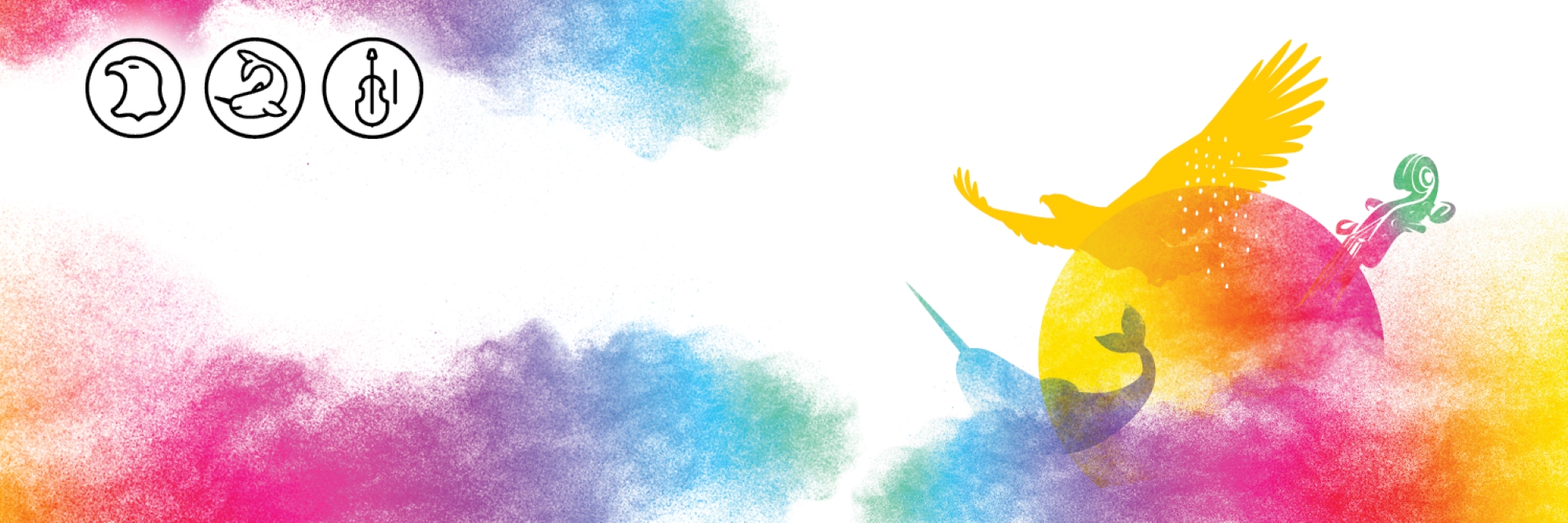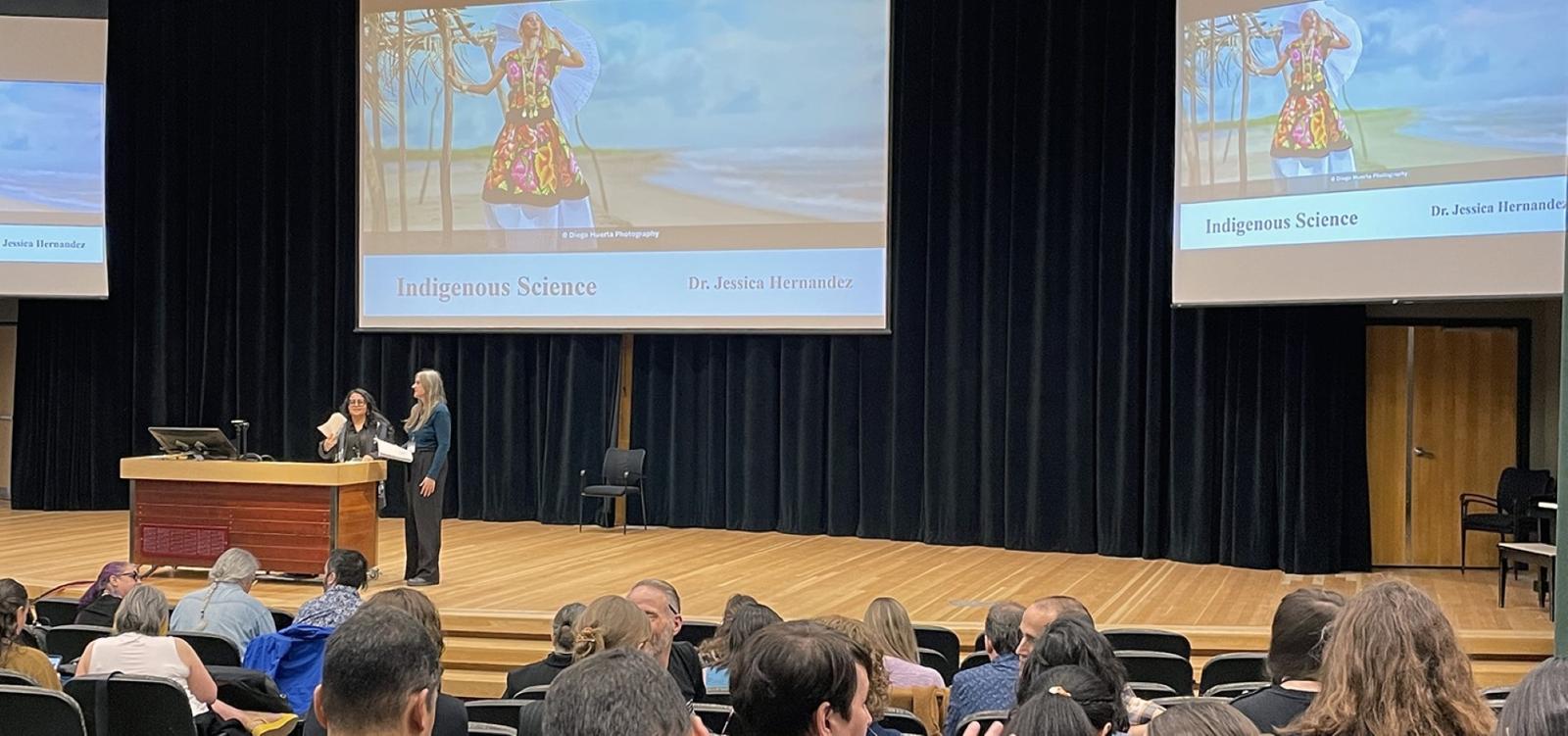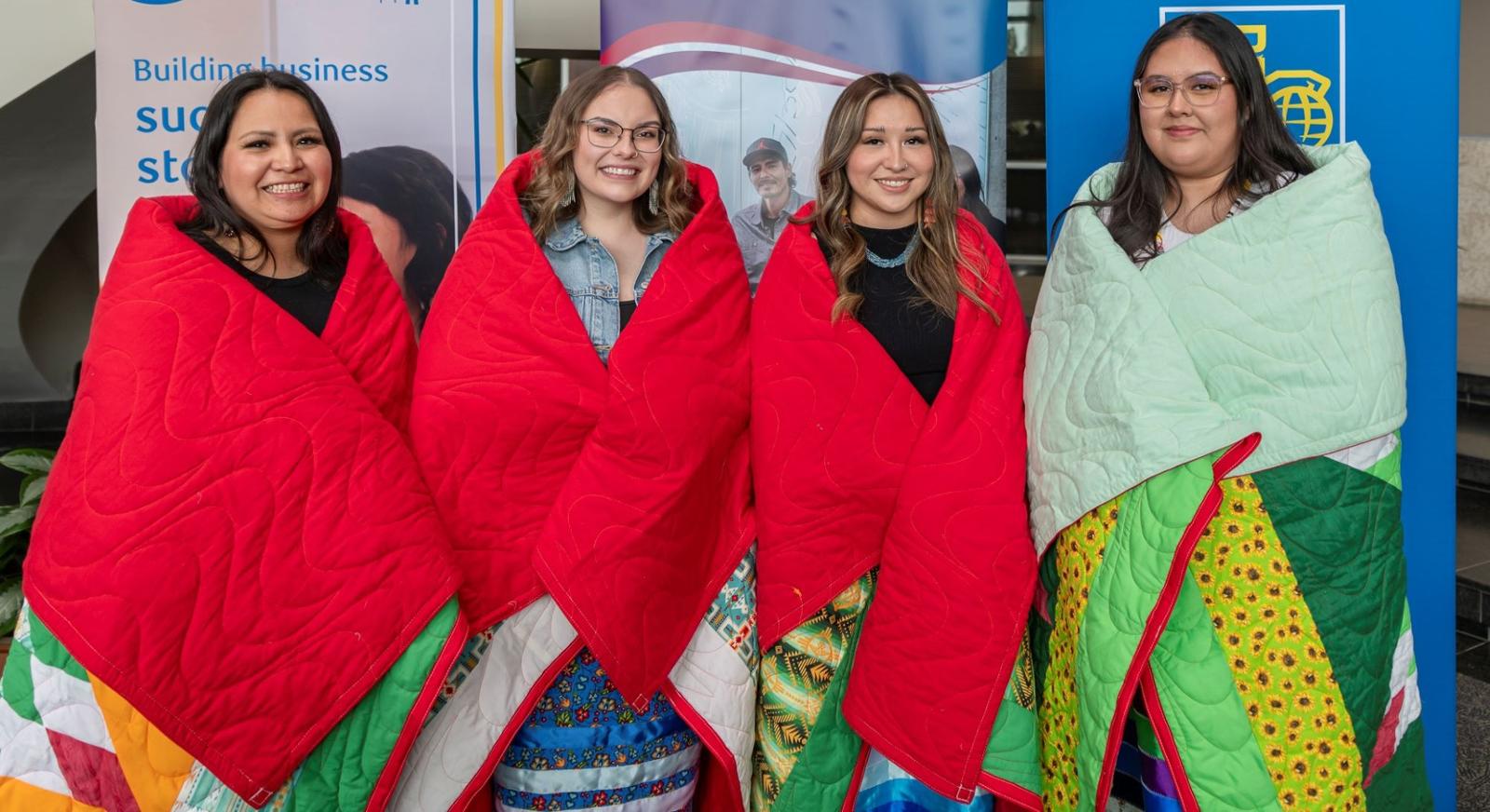The tipi is more than a structure. Glen Anaquod, the late Cree elder, taught generations that raising a tipi provides the opportunity to learn important values such as leadership, respect, and family. This year a record 48 teams competed in the event Anaquod started 15 years ago. They were divided into four categories: Campus, Community, High School, and All Women with cash prizes awarded in each category for first ($350), second ($250), and third place ($150) winners.
Watch team members hammer stakes, raise the poles, and tie the tipi canvas.
“It’s the first time I’ve taken part and tried something new on campus. It was hard but really fun and I’m so proud my team was able to construct the tipi,” shared Anthonia Opara, a first-year student from Nigeria, and member of Team Kinesiology 100.
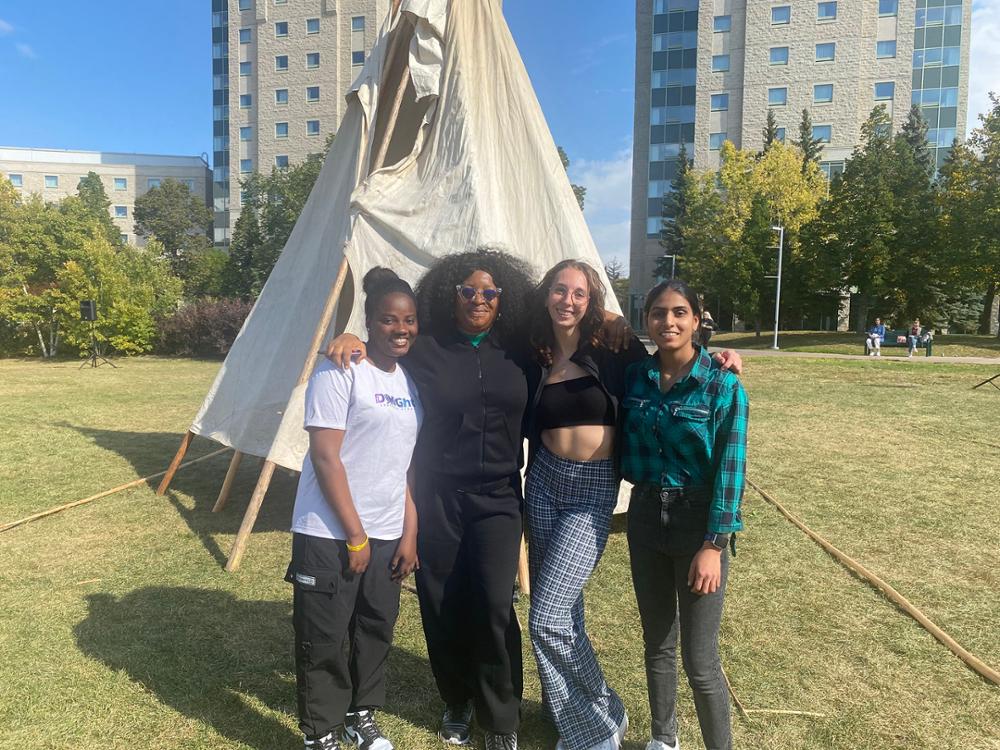
Anaquod, who passed away in 2011, initiated the competition to bring Indigenous and non-Indigenous peoples together in the spirit of cross-cultural learning and reconciliation. The ta-tawâw Student Centre organizes the campus event which is held on the Dr. Lloyd Barber Academic Green.
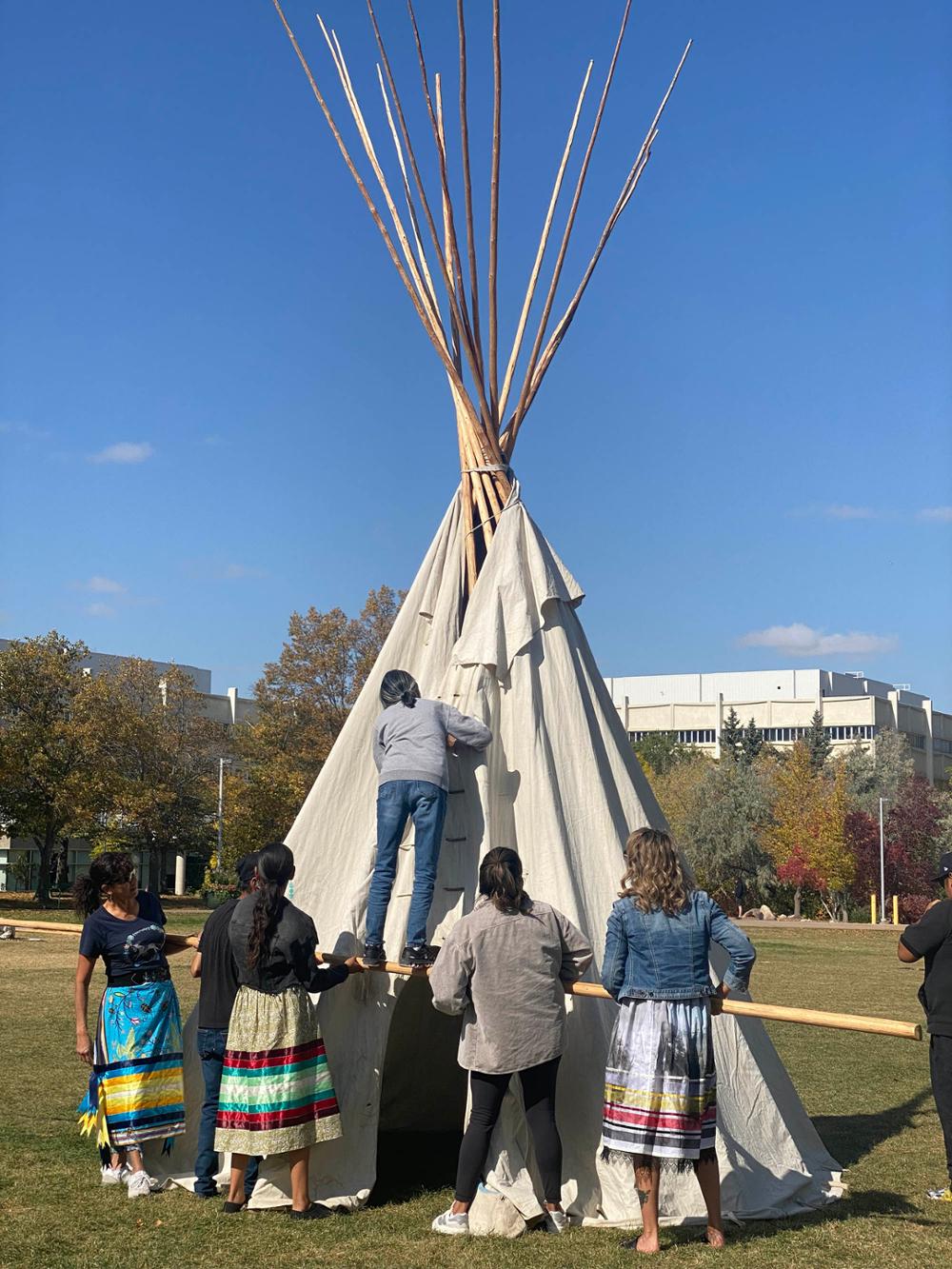
“We focus much of our time on the trauma of the past which is necessary, but we also need to cultivate understanding, positive relations, and fun. The tipi competition gives us the opportunity,” said Keenan Cummings, Organizer and Program Coordinator for the ta-tawâw Student Centre.
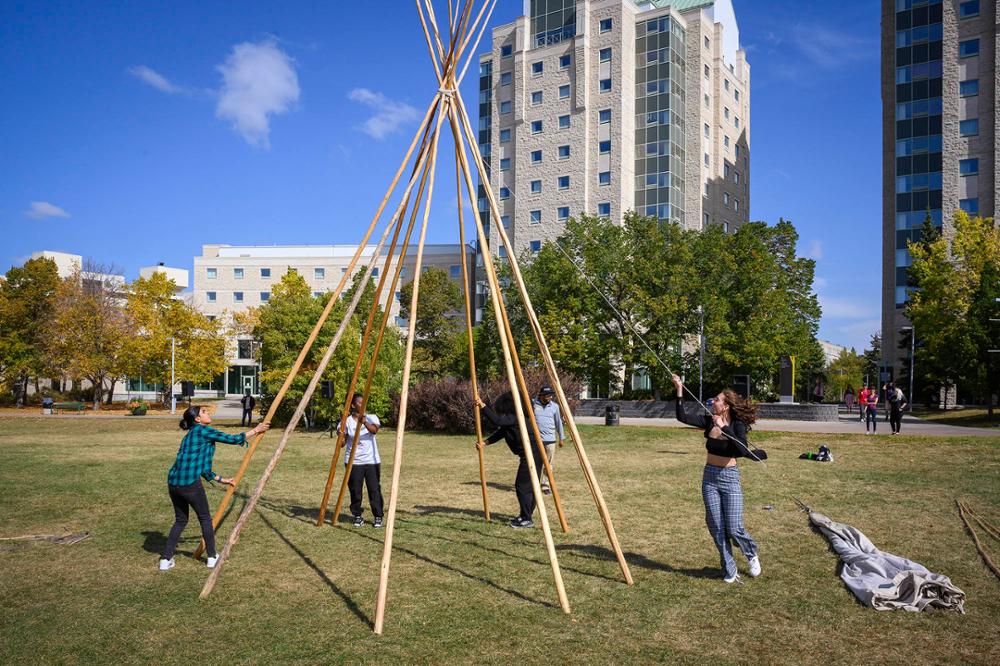
The Crow Singers Drum Group performed. Demonstrating tipi raising techniques and paying respect to Glen Anaquod were members of the Anaquod and Dubois families.
Learn more about National Day for Truth and Reconciliation events.
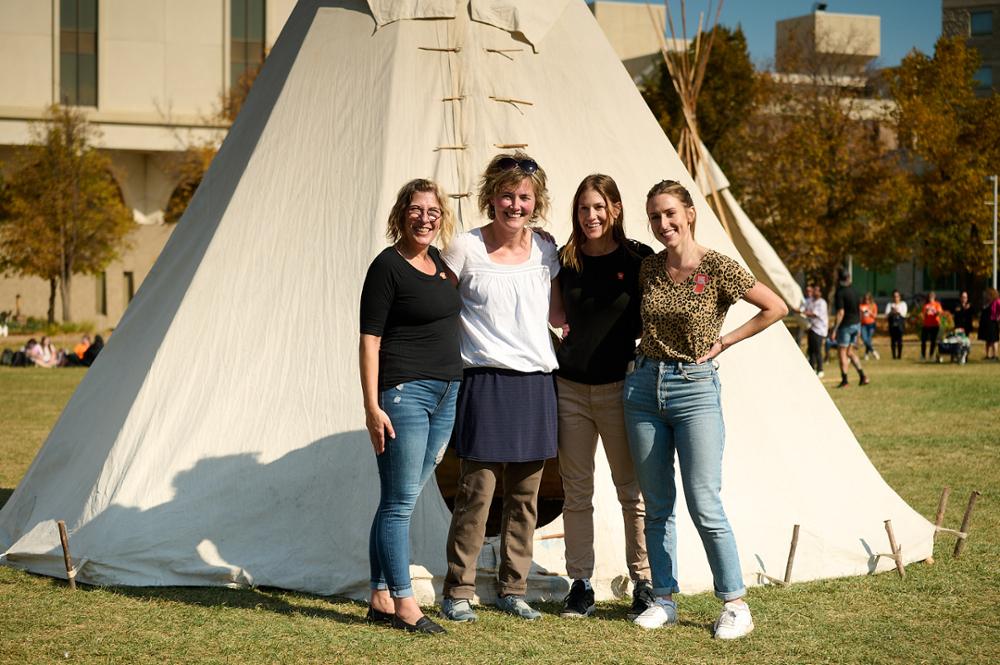
“My Dad was passionate about making the connection between Indigenous knowledge and higher education. He really loved this competition and would be very happy to see it going strong,” said Gaylene Anaquod.
Banner photo credit: University Advancement and Communications
About the University of Regina
Set in the heart of the Canadian prairies we are a comprehensive, mid-sized university where the opportunities are as limitless as the horizon. Our campuses are on Treaty 4 and 6 - the territories of the nêhiyawak, Anihšināpēk, Dakota, Lakota, and Nakoda peoples, and the homeland of the Michif/Métis nation. It is our responsibility to strengthen relationships with Indigenous communities to build a more inclusive future for all. Our three federated colleges, 10 faculties, 25 academic departments, and 18 research centres foster innovative research with practical and theoretical applications. We are committed to cultivating the potential of our 16,000 students and supporting their health and well-being. We take learning beyond the classroom through work and volunteer experiences to develop career-ready graduates.
Let’s go far, together.
